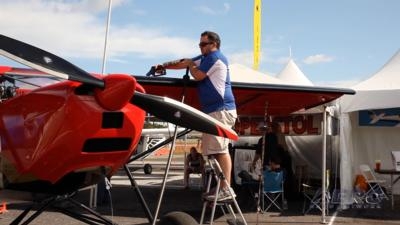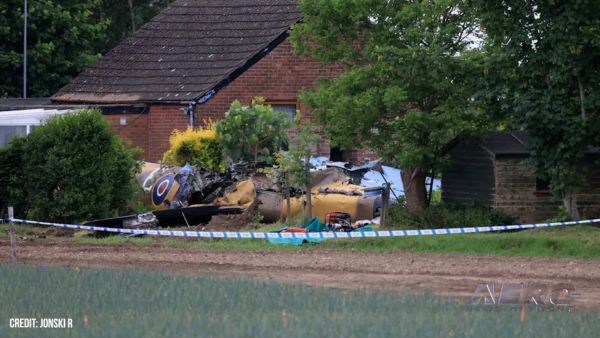Mon, Apr 22, 2024
Advertisement
More News
 Archer Gains Part 135 Air Carrier & Operator Certificate
Archer Gains Part 135 Air Carrier & Operator Certificate
With Certification In-Hand, the Story Continues Archer has been given some very good news as of late, now having been granted their operator certificate from the FAA. Even better f>[...]
 Airborne 06.10.24: Gone West-Bill Anders, M700 FIKI, TFR Corrections
Airborne 06.10.24: Gone West-Bill Anders, M700 FIKI, TFR Corrections
Also: Virgin Galactic, TBMOPA’s European Convention, B-29 Doc and B-25 Berlin Express, Fairchild XNQ-1 An astronaut who was part of what was then mankind's greatest adventure>[...]
 Airborne 06.10.24: Gone West-Bill Anders, M700 FIKI, TFR Corrections
Airborne 06.10.24: Gone West-Bill Anders, M700 FIKI, TFR Corrections
Also: Virgin Galactic, TBMOPA’s European Convention, B-29 Doc and B-25 Berlin Express, Fairchild XNQ-1 An astronaut who was part of what was then mankind's greatest adventure>[...]
 Aero-News: Quote of the Day (06.11.24)
Aero-News: Quote of the Day (06.11.24)
“For months, ALPA has been sounding the alarm on the ongoing efforts by some aircraft manufacturers to remove pilots from the flight deck and replace them with automation. To>[...]
 FlightHorizon Chosen for Osage Nation's Skyway36 Droneport
FlightHorizon Chosen for Osage Nation's Skyway36 Droneport
Skyway Range Begins Planning for Traffic Early On Skyway 36 is shaping up to be a handy UAV development location, boasting a 3,000-foot runway a short hop from downtown Tulsa, Okla>[...]
blog comments powered by Disqus





